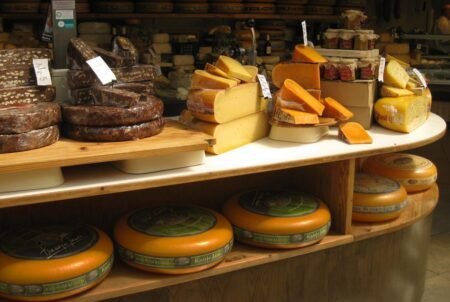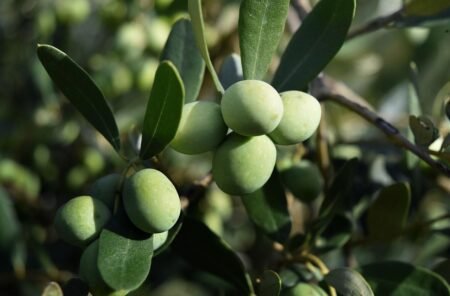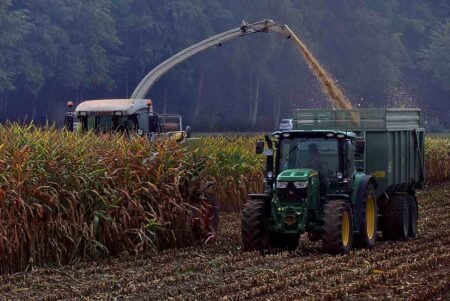After months of speculation, the European Commission has presented its proposal for the post-2027 Common Agricultural Policy (CAP).

It includes some improvements to make the distribution of CAP funds fairer, such as capping hectare-based financial support in favour of farmers who need it most. However, the proposal severely risks undermining efforts to foster sustainable food practices by granting Member States full flexibility to define the degree of environmental protection and by watering down requirements for agri-environmental and climate actions (formerly known as ‘echos-chemes’ and agri-environment-climate measures).
Commenting on the proposal, Giulia Riedo, Sustainable Food Policy Officer at the WWF European Policy Office, said: “The European Commission seems to have forgotten that we are in the middle of climate and biodiversity crises that are already taking lives and costing millions. These are crises made worse by how we produce food. If Member States get full control over how money is distributed, with no spending targets for environmental measures in agriculture, incentives for farmers to protect nature are likely to shrink. And without clear rules on expenditure, governments may just succumb to political pressure and channel funds to benefit exploitative farming systems.”
Some highlights from the proposal include:
- No dedicated funding for environmental payments: The Commission is granting Member States full flexibility to set spending targets for environmental payments. As noted above, without a clear indication of expenditure, agri-environmental and climate actions (which are voluntary) will become even less attractive, and more damaging food production systems could be prioritised instead.
- Performance framework: With more flexibility, there should also be a stronger accountability system and clearer guidance for Member States. Unfortunately, this is not the case: there are no precise targets or performance indicators for meaningful environmental requirements.
“Member States will likely keep dragging their feet on environmental legislation in the farming sector and will not prioritise investing in nature. With this level of flexibility and no real accountability, even the few wild trees and hedges still standing in the fields are likely to disappear,” added Riedo.
- Capping and degressivity: The Commission is proposing to cap hectare-based income support, which has mainly benefited large farms and often supported unsustainable practices. These funds should be redirected to farmers who need them most, such as young farmers. This will help diversify the sector and make it more resilient.
- Conditionalities: The Commission has long stated this CAP would be “less about obligations and more about incentives.” However, in this proposal, the new ‘farmer stewardship system’ is cutting obligations to the bone, and there is no guarantee that we will see more incentives. Member States will have significant responsibility, as they will be fully in charge of deciding what system of protection to put in place for their own natural resources.
Giulia Riedo concluded: “The Commission’s discourse to justify scrapping obligations in favour of incentives is pure window dressing. Where are these famous incentives? Will Member States keep ignoring environmental laws? Having no real plan to protect our waters from agricultural run-off, or to prevent the loss of pollinators and the spread of sterile soils, is a big mistake that both farmers and citizens will end up paying for.”
What’s next
The proposal will be discussed by Member States over the next year and will also need approval from the European Parliament. As floods and droughts continue to take a toll on farmers’ harvests, decision-makers should look beyond short-term benefits and individual political gains, and instead prioritise the greater good of society.








